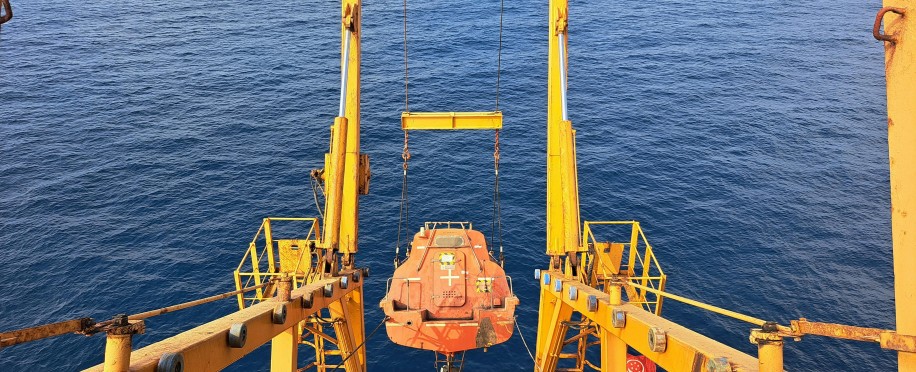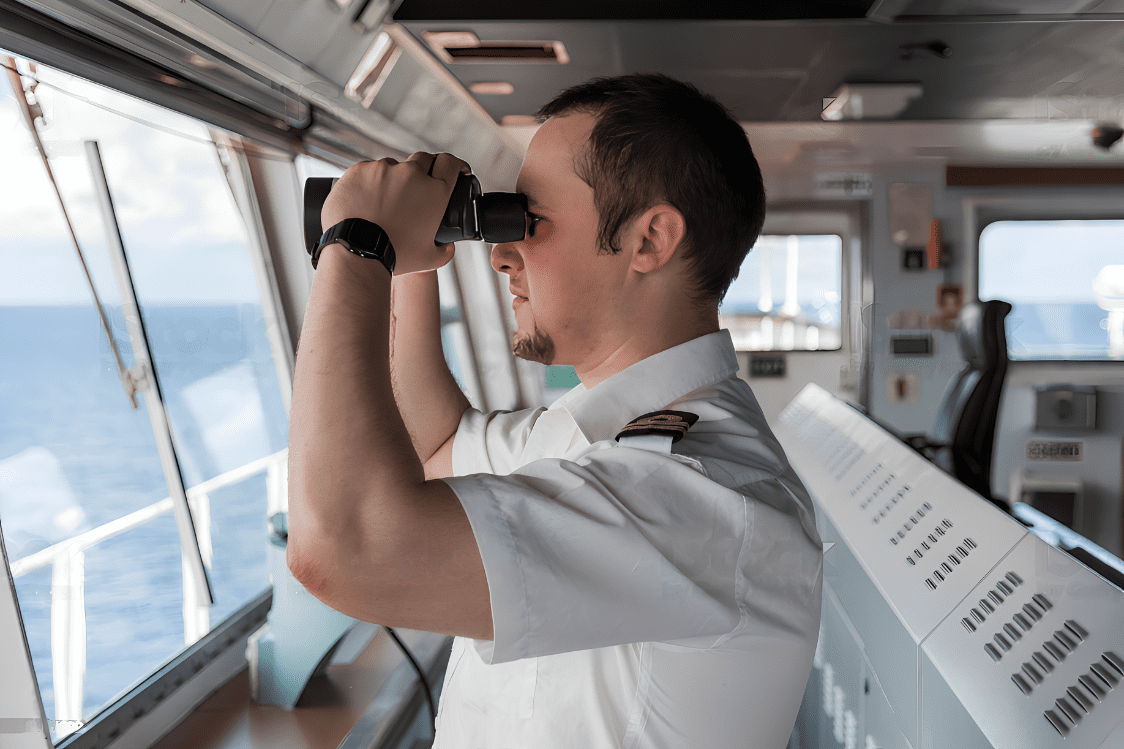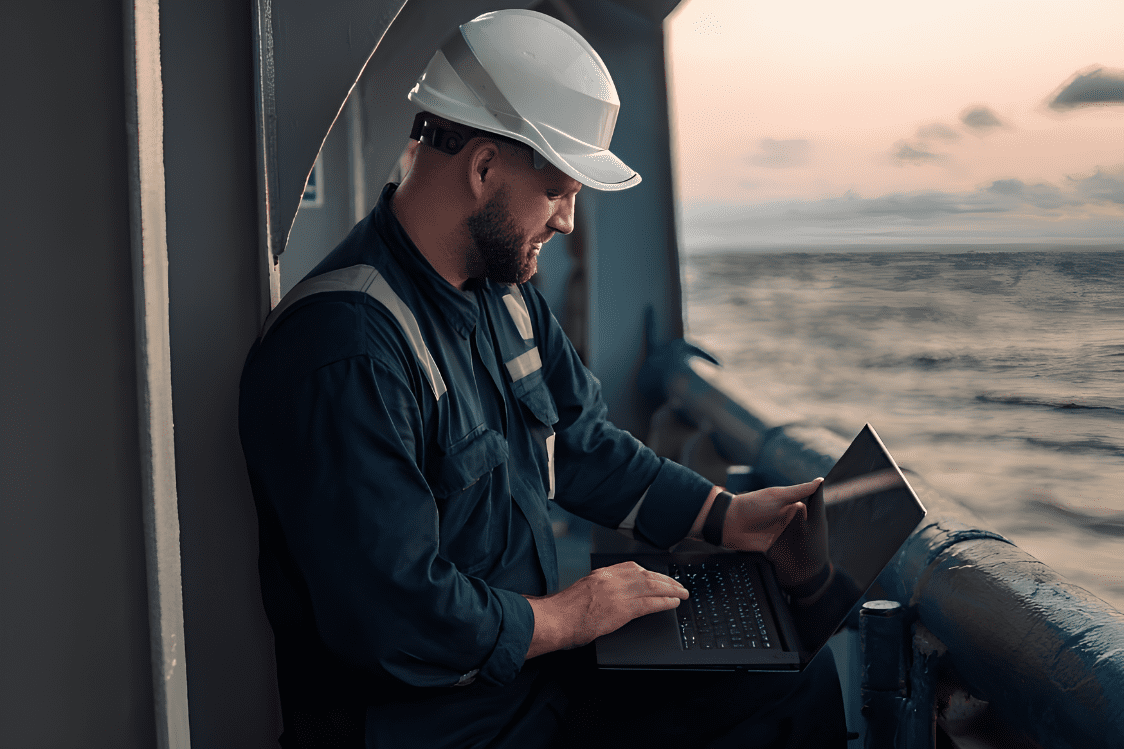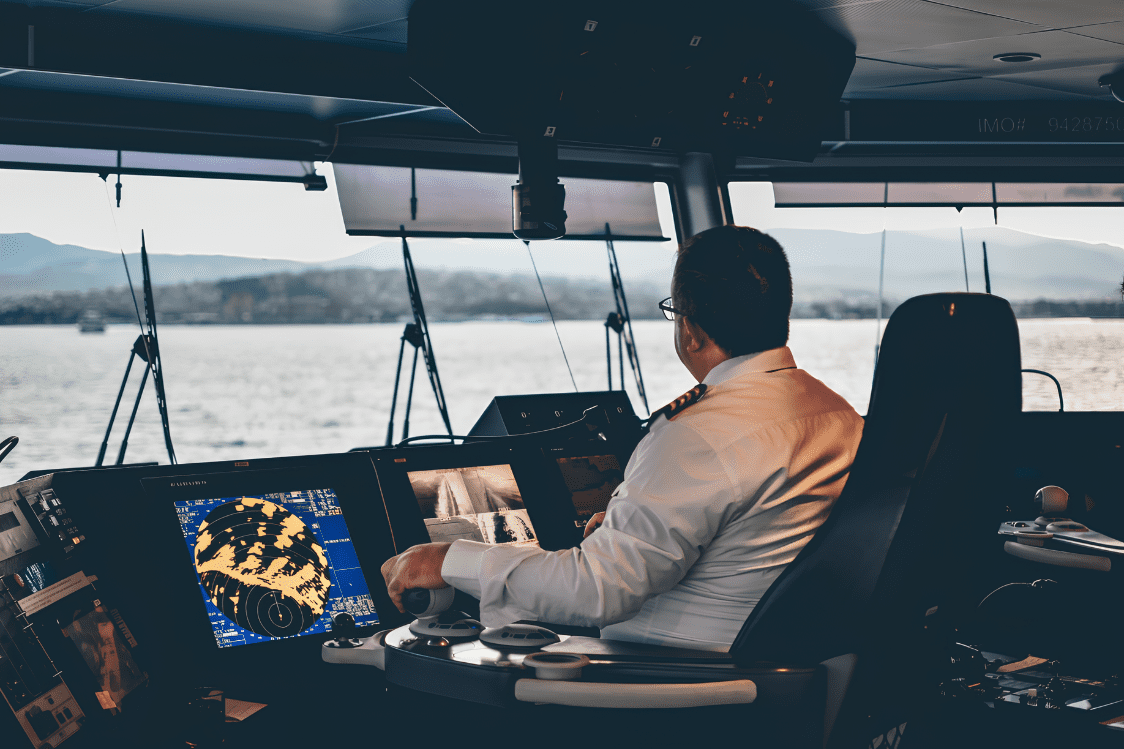Safety Management System in Maritime Operations: Ensuring Compliance with ISM Code

Posted on Mar 26, 2025 at 09:03 PM
With many critical and sensitive operations in the maritime industry, the importance of a safety management system (SMS) is high, to assess company work and protect lives, cargoes, and assets.
The safety management system (SMS) includes all the occupational processes and systems to mitigate risks and hazards on high seas and onshore, moreover, the safety management system (SMS) is applied in different industries in addition to maritime, including aviation, health, project managing, and many more.
In this article, we will introduce you to the safety management systems (SMS) in maritime UK, their essential pillars, and the main requirements for a perfect safety risk management program.
The Definition of Safety Management System (SMS) in Maritime:
A maritime safety management system (SMS) is a structured approach to managing safety requirements in the best way in all operations on ports and ships to prevent pollution, risk, and accidents.
Moreover, the safety management system (SMS) in the workplace works based on specific procedures, responsibilities, accountabilities, and practices to manage risks and maintain acceptable compliance with international regulations and the ISM Code.
The best professional training centre for maritime courses shares with you all the needed information to understand, set, and apply health and risk management systems effectively in the workplace to ensure crew safety, vessel integrity, and environmental protection.
What Is ISM Code?
The ISM Code stands for International Safety Management Code which is a designed international regulation framework established by the International Maritime Organisation (IMO) for the purpose of managing safety and avoiding risks in ports and vessels.
Furthermore, implementing the defined Safety Management System (SMS) on vessels and within shipping companies must comply with the standard ISM Code under the SOLAS Convention in all commercial ships, services, and maritime structures.
The 4 Pillars of the Maritime Safety Management System (SMS):
The safety management system (SMS) in the maritime industry relies on 4 main pillars to ensure effectiveness, set a complete proactive strategy, and establish a stable safety risk management approach:
Ensuring Safety at Sea:
The comprehensive health and safety approach focuses on protecting crew members, workers, passengers, and vessels from any risk by implementing suitable safety procedures, standard policy controls, emergency response policies, and compliance with international maritime safety regulations in any business process based on data.
Preventing Crime:
All systematic frameworks in the safety management system (SMS) aim to prevent piracy, smuggling, and illegal activities through strict security measures, surveillance systems, and international collaboration between all authorities.
Safeguarding Borders:
The safety management system (SMS) is a great risk management approach not only to protect the health of the workplace but also to protect territorial waters from illegal immigration, human trafficking, and unauthorised transport with effective watch operations and advanced monitoring and measuring technologies.
Protecting the Marine Environment:
Saving the health of the marine environment is highly important in all international regulations, therefore, the safety management system (SMS) focuses on preventing pollution, managing risky materials, and minimising the environmental impact of shipping activities.

Core Requirement of Maritime Safety Management System:
So, to implement a stable and fixed safety management system (SMS), you do not only need to implement the essential pillars but also provide these needed requirements:
Sensor and Monitoring Technologies:
Using high-rating sensors and certified real-time monitoring systems and tools by professionals is vital for all safety management systems, especially on large vessels, to monitor wide aspects, identify potential risks, track vessel performance, and ensure compliance with safety protocols in all departments.
Regular Systems and Vessel Maintenance:
Continuous routine inspections, repairs, and equipment checks of different elements and components is an approach that will not only prevent malfunctions, reduce the risks, and maintain operational health in the workplace, but also achieve regulatory compliance and improve organisational service level based on national standards.
Green Energy:
The safety management system (SMS) requires implementing eco-friendly technologies like alternative fuels and energy-efficient systems to reduce emissions and support sustainable maritime operations in all maritime civil and public organisations.
Effective Crew and Team Training:
Providing professional maritime safety courses in London for your crew and employees will not only boost their SMS skills but also ensure perfect emergency responses in any abstract and safe vessel operations.
Finally,
The safety management system (SMS) is a mandatory approach for any workplace, but if we are talking about the maritime industry with all its possible risks and challenges.
Therefore, attending professional maritime safety training is the best way to ensure health and safety from any risk in your workplace.





